Virtualization software is a great way to run multiple operating systems on one computer or server. There are a number of open-source virtualization software products that allow you to create and manage virtual machines. Each platform has its own strengths and weaknesses, so it's important to choose the right open-source virtualization platform for your needs. Here are six of the best open-source virtualization software options.
1. Openstack
OpenStack is an open-source cloud computing platform. It provides a comprehensive and flexible platform for creating and managing clouds. furthermore, it provides an Object Storage Service (OSV), Compute Service (OCP), Networking Service (NSC), and Identity Service (IDM) to manage the resources of multiple virtual machines and offers a RESTful API to programmatically create, deploy, manage and monitor these services.
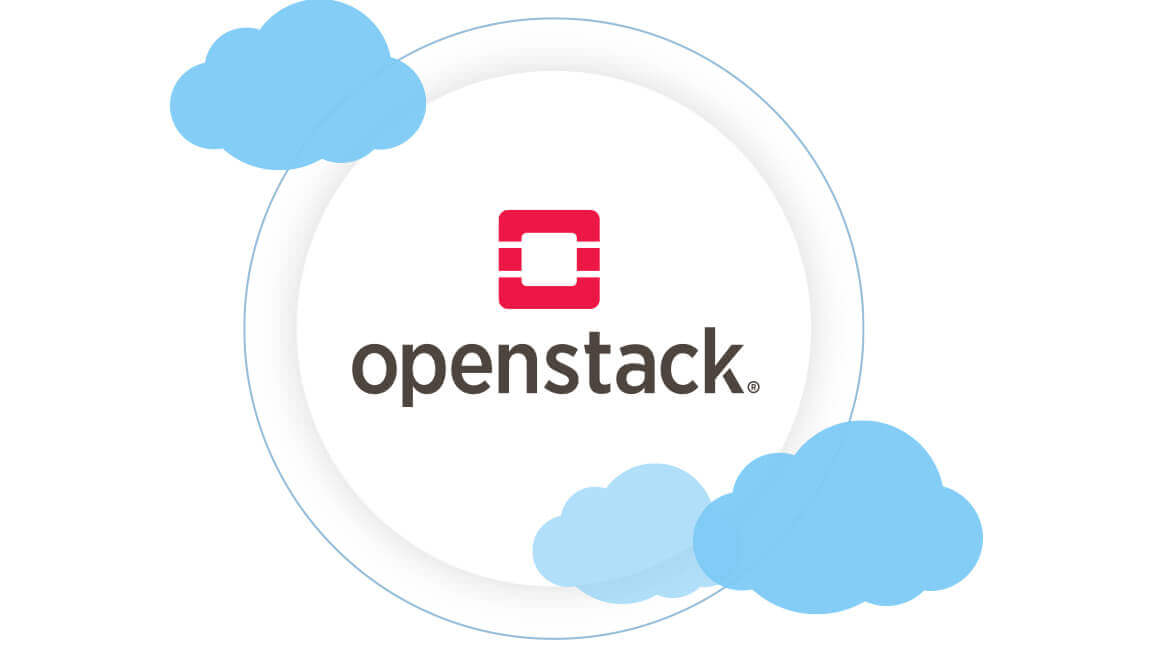
2. Proxmox
Proxmox is a complete enterprise virtualization open-source platform with a built-in web interface that enables you to easily manage containers, virtual machines, high-availability clusters, and software-defined storage. Proxmox Virtual Environment comes with plenty of features and making it the ultimate open-source choice to virtualize your IT infrastructure. It allows you to easily virtualize the most demanding Windows and Linux application workloads and dynamically scale out your storage and computing as your organization's needs grow.
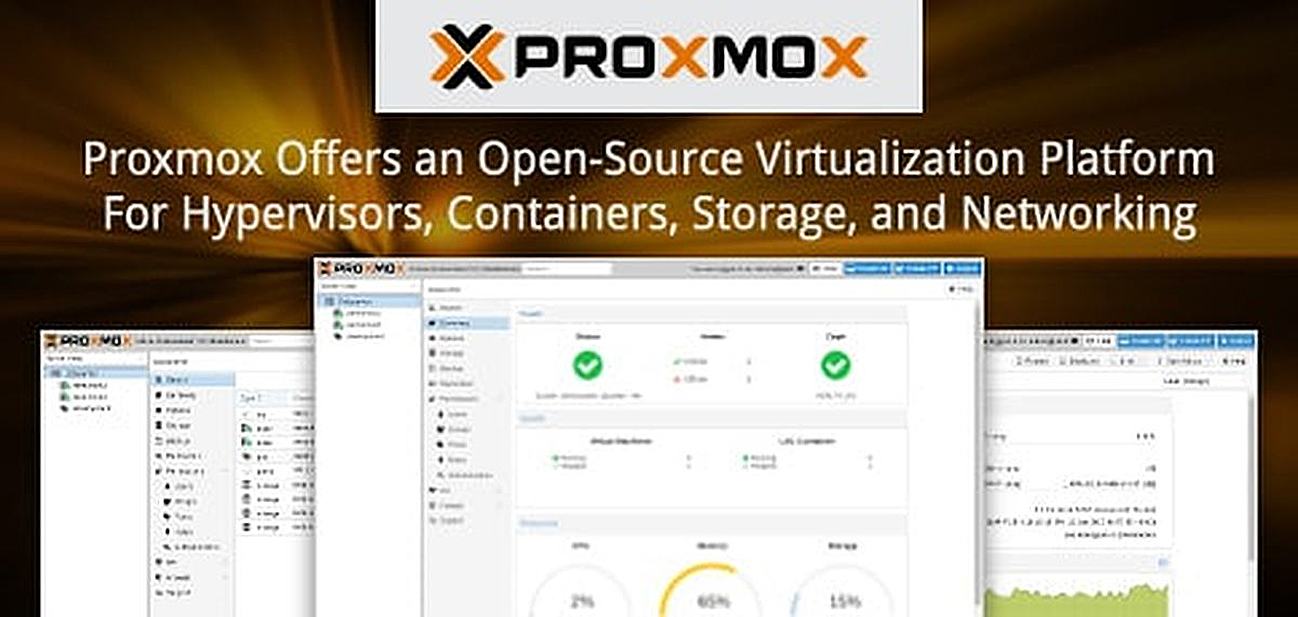
3. Xen
Xen Hypervisor is a free open source type-1 hypervisor such as VMWare ESX and Proxmox. It is used for a number of different commercial and open source applications such as virtualization, infrastructure as a server, desktop virtualization, and security applications. Xen enables systems administrators to increase server utilization, consolidate server farms, reduce complexity, and decrease the total cost of ownership. Xen allows systems administrators to deploy any operating system such as Windows, Linux, and BSD Unix.
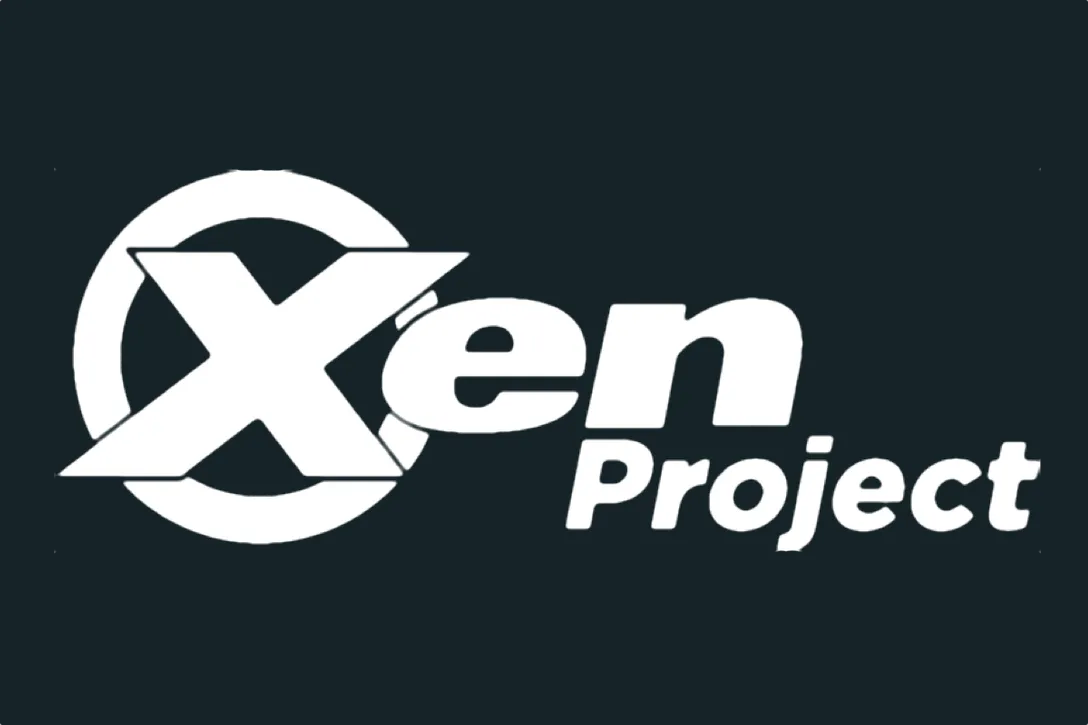
4. KVM
KVM is an open-source Linux kernel module that provides a framework for third-party tools to provide virtualization. Xen is similar to KVM from an end user's perspective as it allows you to run any operating system. It only runs on hardware that supports virtualization. Making use of KVM you have the ability to run multiple virtual machines running unmodified Linux and Windows Operating System Images.

5. Virtual Box
Virtualbox is a free virtualization product that can be used in enterprise environments as well as for home use. This software is actively developed with frequent releases and the list of features is ever-growing. It can host various guest operating systems such as Windows, Linux, Solaris, Macintosh, and many more. This is the ideal choice for a beginner looking to experiment with different operating systems.
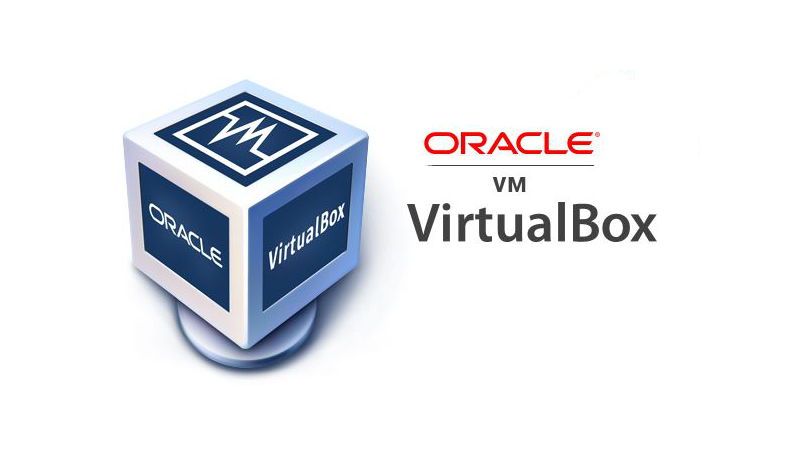
6. oVirt
OVirt is a powerful, open-source platform for managing virtual machines. It provides a rich set of features to help organizations manage their virtual machines efficiently and securely. OVirt is also highly extensible, allowing developers to create their own extensions or tools to further enhance the platform.
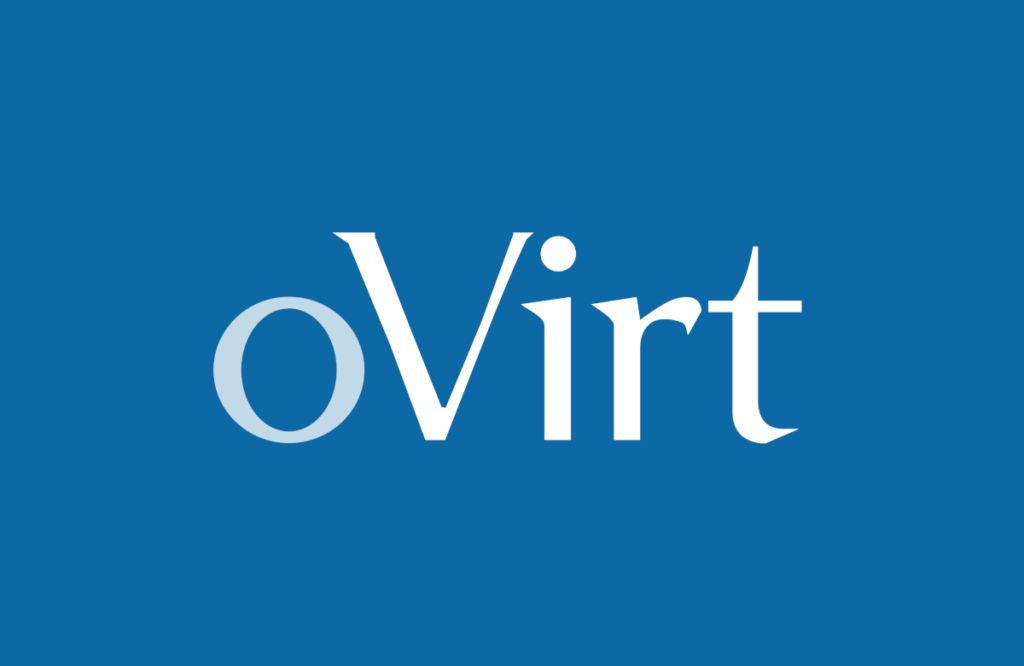
Conclusion
In conclusion, there are many great open-source virtualization software options available. Each has its own benefits and drawbacks, so it is important to do your research before choosing one. Hopefully, this article has helped you narrow down your choices and you are now ready to start virtualizing your environment! If you know of any other open-source virtualization software then please feel free to leave a comment. If you enjoyed this article consider signing up for our newsletter and don't forget to share it with people that would find it useful.

